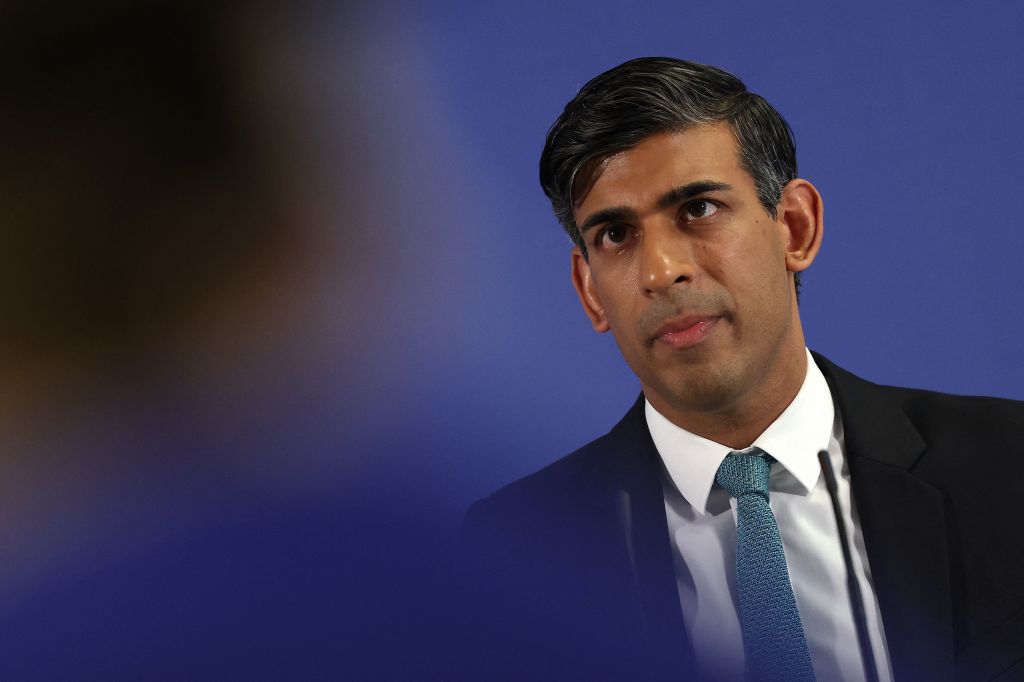Virtual Hub Enhancing Food Production
UK Prime Minister Rishi Sunak and a coalition of international organizations recently hosted a global summit dedicated to addressing food security through digital innovation. The UK, Somalia, the UAE, the Children’s Investment Fund Foundation, and the Bill and Melinda Gates Foundation co-organized the event, with an emphasis on technological advancements to bolster food production.
The UK announced plans to set up what they refer to as a “virtual hub” for food production innovation, called CGIAR, which would concentrate on encouraging flood-tolerant rice, disease-resistant wheat, and similar advancements. To compliment this effort, the UK also teamed up with the Access to Nutrition Initiative (ATNI) to persuade major food corporations to create more sustainable and healthier products. This support initiative, worth £2 million ($2.5 million), will enable a two-year evaluation of prominent global food and beverage enterprises.
Somali President Hassan Sheikh Mohamed highlighted a joint food stabilization initiative with the UK, aimed at ameliorating the humanitarian crisis precipitated food security woes and climate change in Somalia.
Tackling Inequalities in Food Security
However, despite the focus on technological solutions, some critics argue that addressing inequalities is the most pressing element in the fight against food insecurity. Analyst Steve Wiggins, of the ODI development think tank, acknowledged the importance of technology while stressing that battling poverty, marginalization, and vulnerability is central to combatting hunger. Nick Nisbett from the Institute of Development Studies further backed this sentiment, arguing that the emphasis on technological solutions overlooks the root problem of hunger: inequality. While technological solutions mainly focus on enhancing supply chains and agricultural practices, Nisbett suggested that straightforward approaches like providing food or enhancing individuals’ financial conditions are likely more immediate and effective.
The Urgency of the Situation
The urgency of the summit is underscored an alarming U.N. report revealing that over 122 million more people face hunger than in 2019. This perilous situation has been exacerbated ongoing global conflicts, the war in Ukraine, and the COVID-19 pandemic, creating a “perfect storm” that has upended global food supplies. Furthermore, the U.N. projects that nearly 600 million people will confront hunger 2030, highlighting the dire necessity for comprehensive action against global food insecurity.
In conclusion, while technological solutions were the focus of the global food security summit, advocates are pushing for inequality to be at the forefront of the fight against hunger. With pressing global challenges, the determination to effect real change in food security has never been more urgent.

